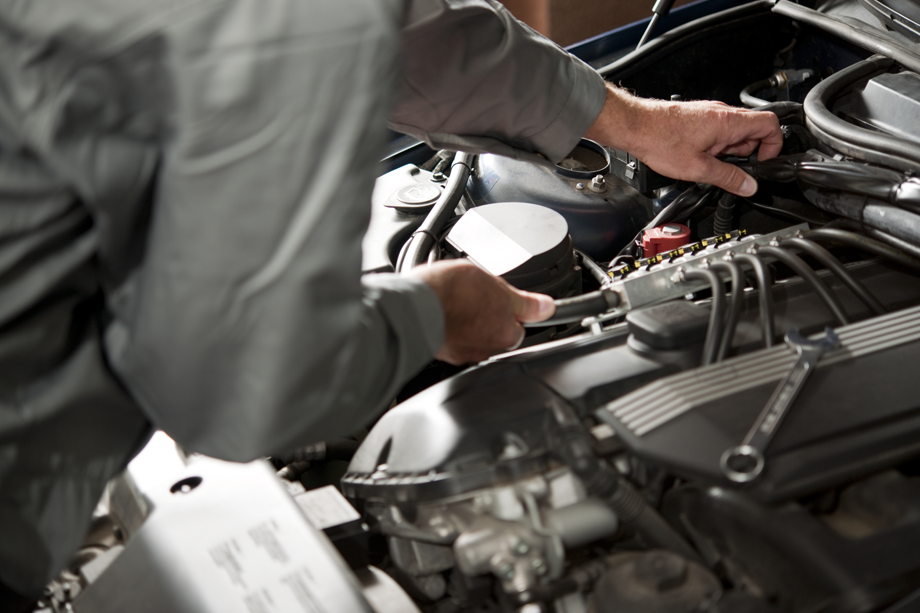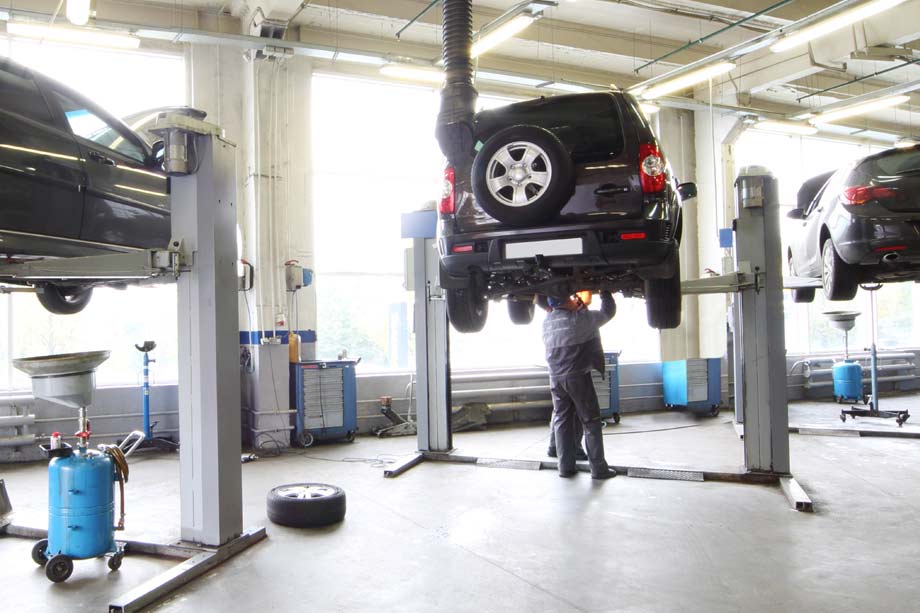All Categories
Featured
When your car experiences a major breakdown, the cost of repair services can be an overwhelming monetary factor to consider. Whether it's the failure of an important system like the engine or transmission, or the requirement for substantial repair services to numerous elements, comprehending the variables that affect fixing costs can aid you make more enlightened decisions. Listed below, we lay out the vital elements that add to the cost of significant vehicle repair work.
![]()
![]()
![]()
Final thought. Numerous aspects affect the price of major automobile fixings, including the type of repair, the make and design of your lorry, the high quality of the parts utilized, labor charges, and the level of the damage. Comprehending these factors can aid you make more educated decisions and strategy for the monetary implications of auto repair services.

- Type of Repair service. The primary factor affecting the price of cars and truck repair work is the kind of issue your car is experiencing. Some repair work are much more economical and straightforward, such as changing a battery or alternator. Various other repairs, like repairing a malfunctioning transmission or resolving a severe engine trouble, can be much extra pricey due to the complexity and specialized labor called for. Specific systems in a car, like the engine or transmission, call for more time to repair and diagnose, which directly equates right into higher labor costs. Furthermore, some troubles, such as electrical issues or cooling malfunctions, might involve troubleshooting that enhances the total expense.
- Vehicle Make and Version. The make and design of your lorry plays a major duty in establishing repair service prices. Deluxe autos and high-performance vehicles like BMWs, Audis, or Mercedes-Benz often tend to have higher repair costs due to the fact that of their specialized parts, progressed modern technology, and the knowledge required for their repair service.

- Parts Quality and Availability. The top quality of the components used in the fixing dramatically affects the price. In some situations, less expensive aftermarket components might lower the general repair service expense, but they might not provide the very same durability as OEM parts, which might result in additional fixings down the road. If components are difficult to discover, it may take longer to finish the repair, leading to greater labor expenses.
- Labor Prices. Some repairs, such as engine overhauls or transmission repairs, might require several hours or even days of labor, considerably raising the total cost. Labor rates additionally depend on the place of the repair service store-- auto mechanics in city locations or high-demand locations may charge greater prices due to the price of living and expenses.
- Degree of the Damage. The extent of the damage is an additional critical variable affecting repair work costs. If the damages is confined to one component of the vehicle, such as a busted generator or malfunctioning brake pads, the fixing will usually be much less costly.
- Vehicle Age and Problem. The age and total problem of your vehicle play a considerable role in the expense of repair services. Well-kept automobiles tend to have lower repair work prices because their systems are in far better working problem, needing fewer and much less pricey repair services.
- Store Area and Track Record. The repair service shop you choose can additionally affect the cost of your repair services. Additionally, fixing stores that specialize in certain brands or kinds of fixings might bill a lot more for their expertise.

- Service Warranty and Insurance Protection. If your automobile is still under service warranty, significant repair services may be covered, which can dramatically lower your out-of-pocket expenditures. In addition, if the damages is caused by a mishap or exterior variable, your auto insurance policy could cover the repair service costs, less any deductible.
Final thought. Numerous aspects affect the price of major automobile fixings, including the type of repair, the make and design of your lorry, the high quality of the parts utilized, labor charges, and the level of the damage. Comprehending these factors can aid you make more educated decisions and strategy for the monetary implications of auto repair services.
Latest Posts
NAPA AutoCare Certified: Trust Montclare Auto Repair for Quality Service
Published Apr 19, 25
2 min read
Full Circle Strategic Marketing - Supercharge Your Marketing Efforts with Tailored Strategies
Published Apr 19, 25
2 min read
Secure Your Home with Washington Fence's Costs Products
Published Apr 19, 25
1 min read
More
Latest Posts
NAPA AutoCare Certified: Trust Montclare Auto Repair for Quality Service
Published Apr 19, 25
2 min read
Full Circle Strategic Marketing - Supercharge Your Marketing Efforts with Tailored Strategies
Published Apr 19, 25
2 min read
Secure Your Home with Washington Fence's Costs Products
Published Apr 19, 25
1 min read